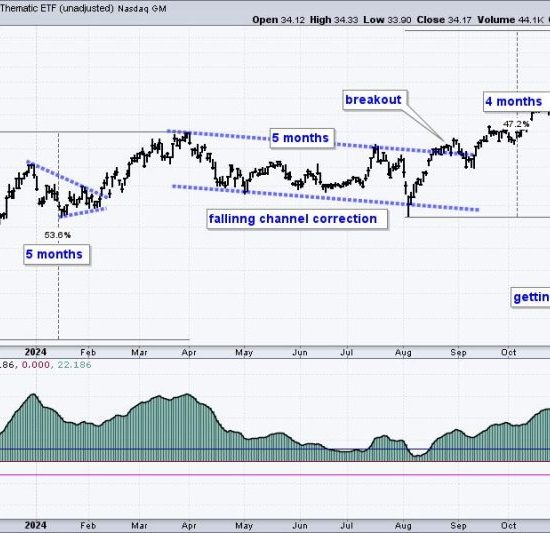The Dominance of the Dow Stocks: Unearthing the Reasons
In the landscape of modern finance and investment, Dow Stocks have carved their unique niche, demonstrating consistent outperformance. The recent market trends have brought this exceptional surge to the forefront, sparking keen interest among professionals and casual investors alike. Several factors have been instrumental to this phenomenon, ranging from the inherent structure of the Dow Jones Industrial Average (DJIA) to the particular economic climate that favors blue-chip securities.
To begin with, one needs to understand that the DJIA isn’t just a random selection of publicly traded entities. It consists of 30 blue-chip companies, which are meticulously hand-picked for their financial robustness, market representation, and longevity. These businesses, which make up the Dow stocks, are trusted for their ability to weather economic downturns, making them invariably popular among risk-averse investors.
These blue-chip stocks get their nickname from poker, where the blue chips hold the highest value. In much the same way, these companies are significant pillars of the economy, with a reputation for reliability, steady dividends, and quality services/products. This reputation ensures the continual demand for Dow stocks, consequently leading to their consistent outperformance.
The defensive attributes of Dow stocks are another factor driving their outperformance. The majority of companies listed on DJIA are a part of sectors like healthcare, utilities, and consumer staples. Such sectors tend to perform comparatively well during market downturns due to their inherent demand irrespective of the overall economic scenario. In a turbulent market environment, these defensive stocks can provide a buffer against significant losses, enhancing the portfolio’s performance.
Additionally, the DJIA follows a price-weighted methodology, which means the index’s performance is primarily determined by the stock prices rather than market capitalization. This methodology puts higher-priced stocks in a position of influence, with every dollar move in the price of any Dow stock having the same impact on the DJIA.
A favorable economic climate is also crucial to the outperformance of Dow stocks. During times of economic stability and growth, blue-chip companies tend to thrive due to their expansive operations and significant market share. Consequently, a strong economy will generally reflect positively on the performance of the Dow stocks.
Furthermore, a significant number of Dow stocks have strong international presence, which allows them to benefit from economic growth overseas. This global exposure provides diversified income streams, which can contribute to robust financial performance even during domestic economic downturns.
Finally, the allure of Dow stocks isn’t solely about their past or current performance – the future matters, too. Many blue-chip companies invest heavily in research and development (R&D), positioning them at the forefront of innovation within their industry sector. This ongoing commitment to R&D underscores their potential for future growth and, by extension, further outperformance.
In conclusion, the outperformance of Dow stocks is an amalgamation of their inherent structure, defensive attributes, price-weighted methodology, favorable economic conditions, international exposure, and commitments to innovation. All these factors, brought together, make these stocks highly favored in the competitive and volatile world of investments.




